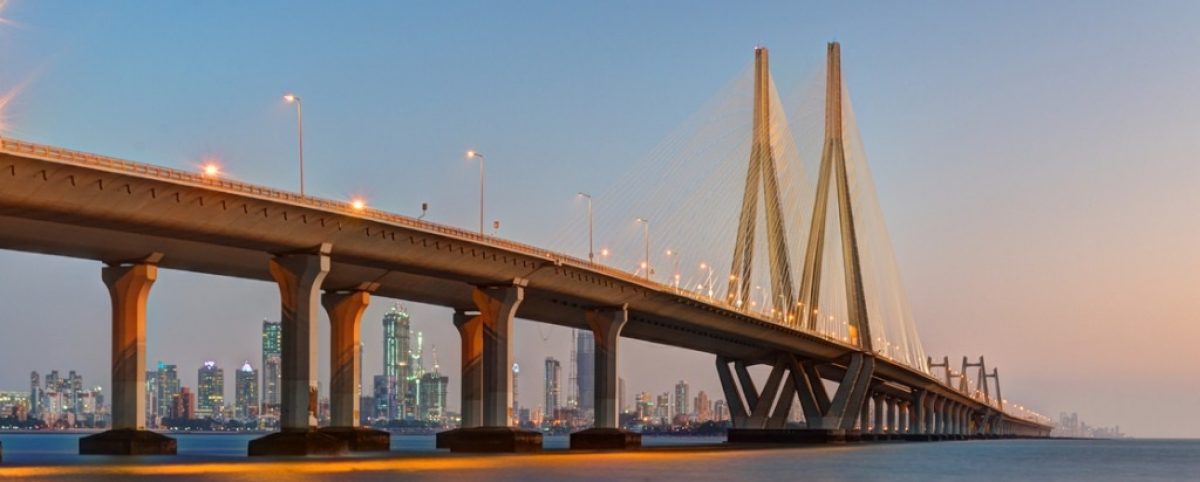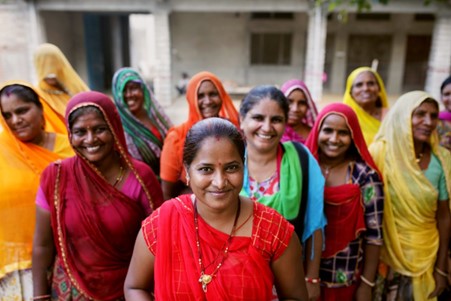Many people report having “gone it alone” to India, had wonderful experiences, came home with bundles of signed MOU’s – and then nothing happened. Wrong people? Wrong profile? Missed the market?
There are 5 main reasons a trade mission will work better for you:
With pre-mission briefings, backgrounders and just exchanging experience with others on the mission, you will know better than to sign up with the first person who says “yes” (did you know in India it is rare to say “no”?)
On a mission the Indian audience notices you – you will be connected with the government and business community (did you know that government and business are incredibly closely integrated in India?)
You will be able to work positively with others, leverage skills and knowledge of the way the market works in India – including expertise of Austrade and State Government Business Offices (did you know India is a “collective” culture and you need the right point of entry?)
Each day of a trade mission is learning – you will learn first hand from others and exchange your ideas with them (did you know most products and services need some form of adaptation to succeed in India?)
You will gain some valuable insights into the culture and history of this proud nation, so rather than filling your day with endless meetings you will be able to spend some time exploring India (did you know what a huge impact you can have simply by showing interest in the history and culture of India?)
As they say – If you can make it in India, you are ready for anywhere.
Take a look at this forthcoming mission from some experts:
https://www.linkedin.com/feed/update/urn:li:activity:7123800940507267072




